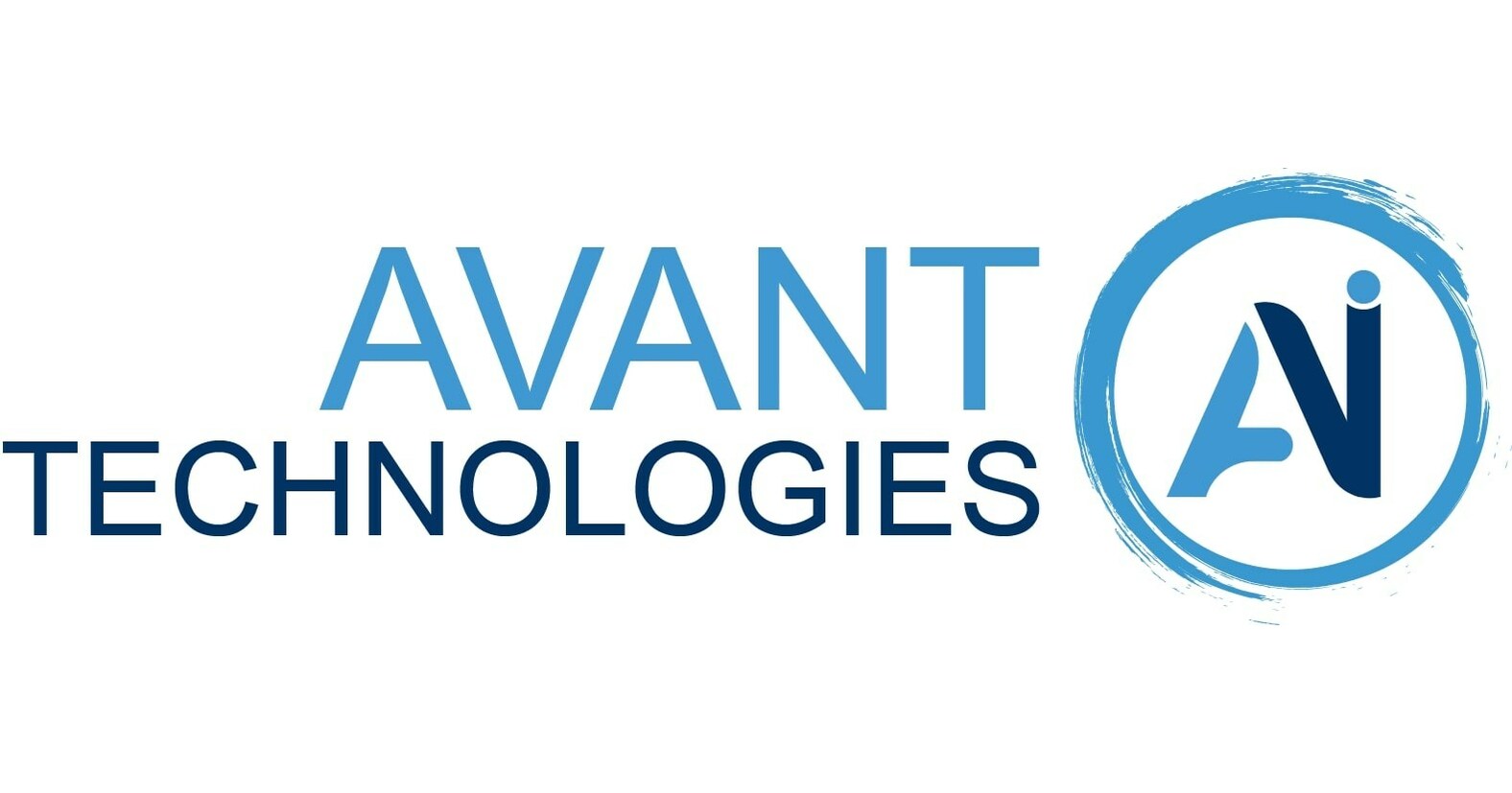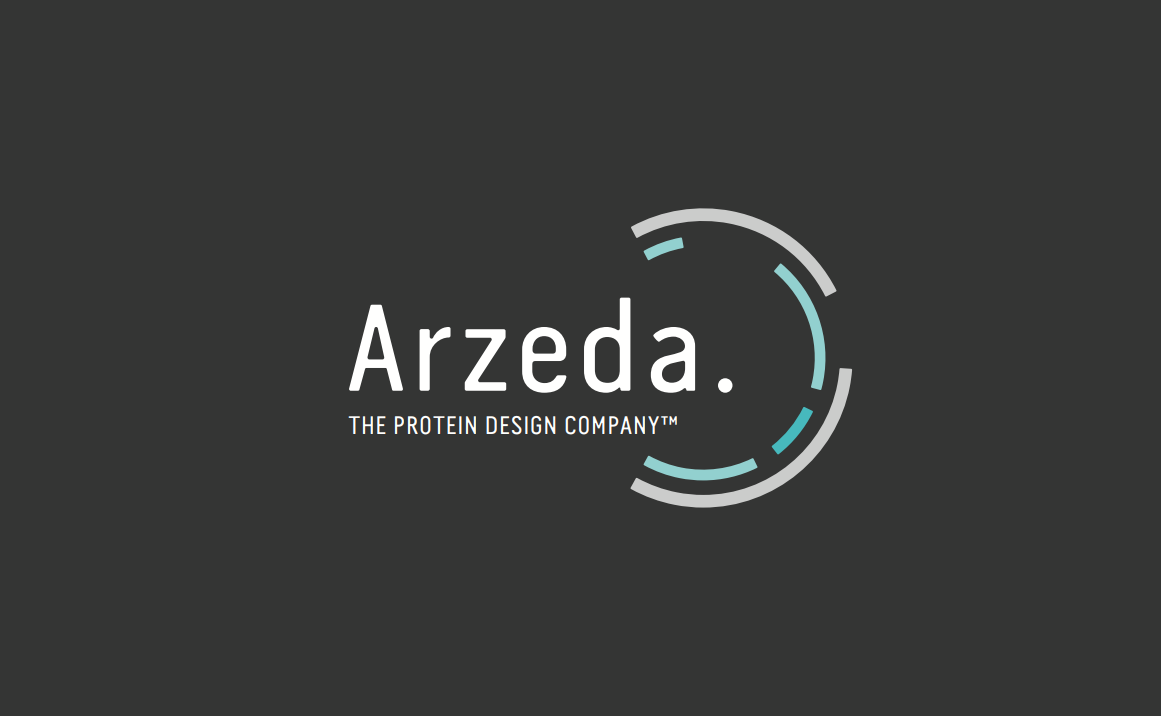Peer-to-Peer Probiotics: Engineered Microbes Offer Promise in Addressing Global Malnutrition
A student-led startup based at the Center for Research and Interdisciplinarity of Paris (CRI) has come up with a promising approach to ameliorating global malnutrition via genetic engineering. Founded by five students who impressed judges both at last fall’s iGEM competition in Boston and April’s Thought for Food (TFF) Global Summit in Zurich, Peer-to-Peer Probiotics is developing low-cost, accessible probiotics that increase the vitamin and mineral content of fermented dishes, such as yogurt, cheese, and cereal-based foods. Containing engineered microbes that produce elevated levels of vitamin A, vitamin B2, vitamin B12 and iron, their “VitaCube” product can be easily grown at home and is “free-license” to encourage sharing among households in developing nations.Accepted into Ireland’s IndieBio EU accelerator, the team is now drawing up a founders’ agreement, developing its IP strategy, and preparing a business plan they’ll present to investors in July. They’re also designing experiments to assess the viability of their product in different foods.“A good strategy must not be disruptive of people’s traditions, and should be accessible to all,” said Ihab Boulas, a member of the team who earned both his B.S. and master’s degree at the Université Paris Descartes and is now a research intern at Harvard Medical School. “This is why our project is focused on fermented foods which are already popular in many countries.”For example, most Indian families have already been growing microbial cultures that are several generations old by using a part of their daily yogurt as a starter for the fermentation of the next day’s yogurt, he noted.
We could have just lyophilized the strains but our goal was to design a process that’s easy, quick and inexpensive, using only ingredients to which those living in developing nations have access. It’s easy for people to share part of their probiotics culture with friends and neighbors in a peer-to-peer way.
At iGEM 2015, the world’s largest synthetic biology competition for students, Peer-to-Peer Probiotics was awarded a Gold Medal plus nominations for Best Food and Nutrition project, Best Integrated Human Practices project, and Best Presentation.At the 2016 TFF Global Summit, Peer-to-Peer Probiotics was awarded the $5,000 Kirchner Food Fellows Award. Thought for Food “empowers students around the world to develop solutions that feed a global population of 9 billion by 2050,” said Executive Director Edward Silva. More than 2,400 students from 105 countries and 578 universities participated in this year’s TFF Challenge. About 500 teams submitted Ideas for addressing the global food challenge, of which ten were invited to participate in TFF’s ten week pre-accelerator program designed to help students sharpen the business plans and pitches they would present at the summit.Heading into its fourth year, the 2017 TFF Challenge will issue its call for submissions in September with a deadline of early January, said Silva.




.svg)









-min.png)

.gif)